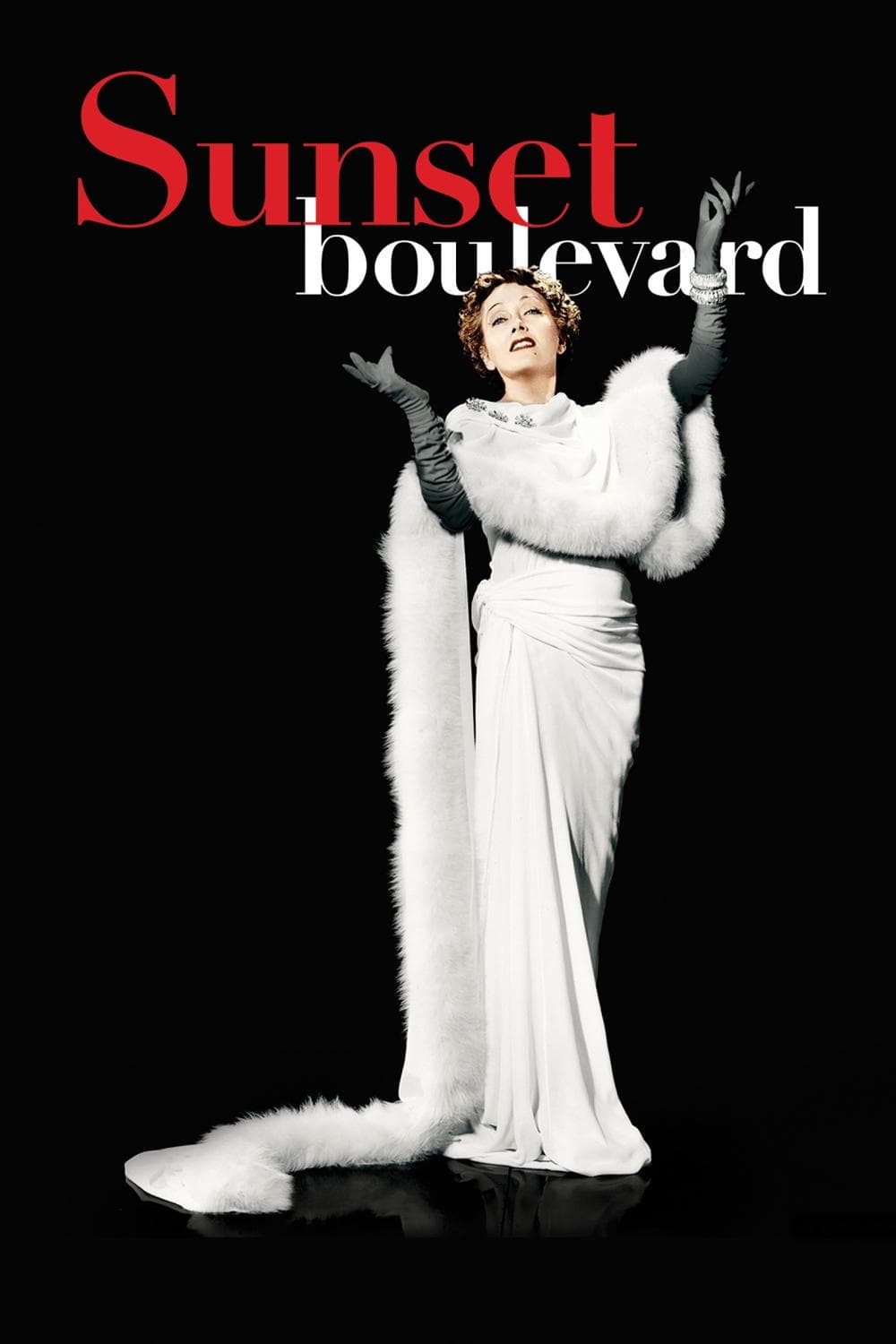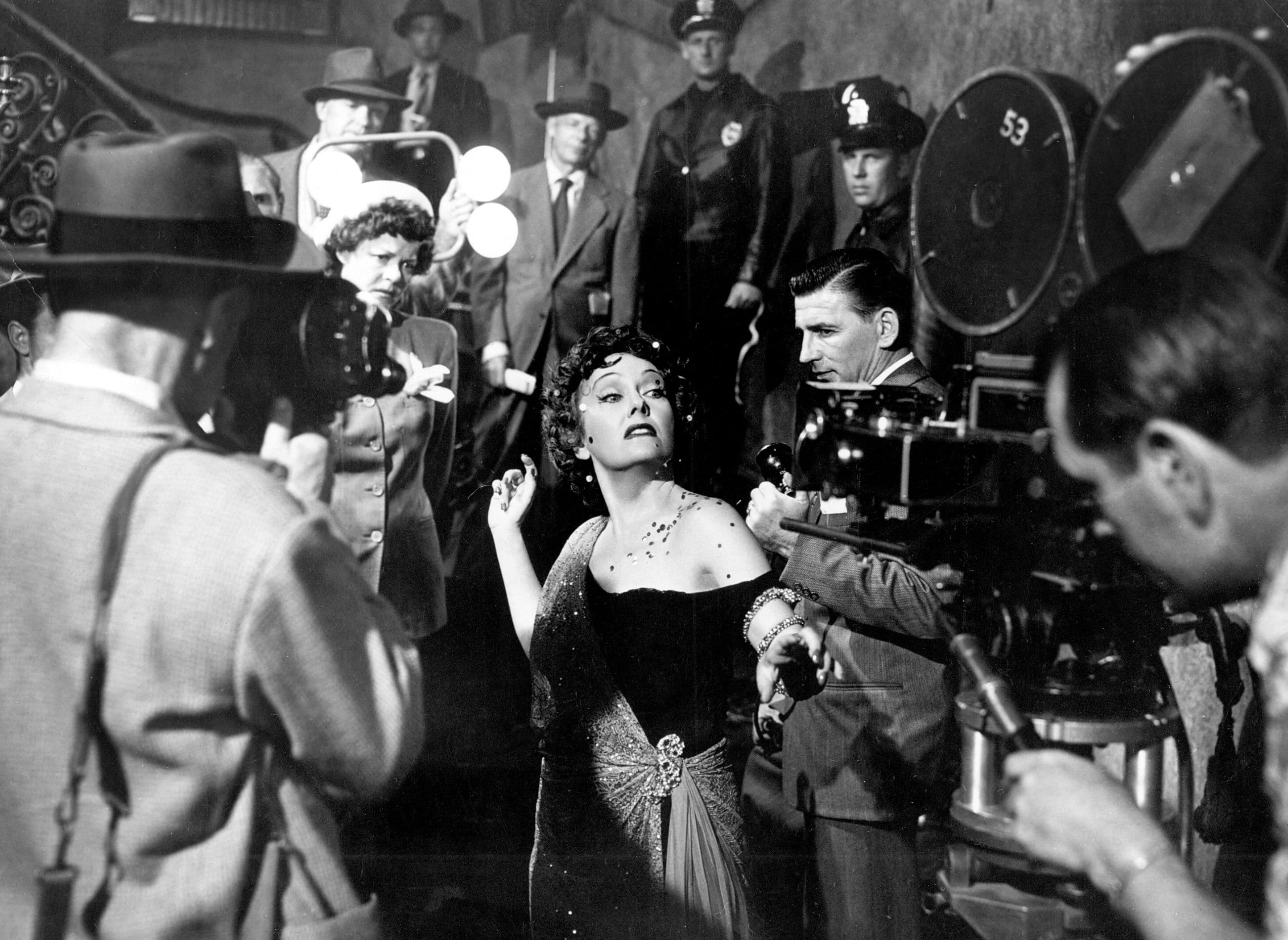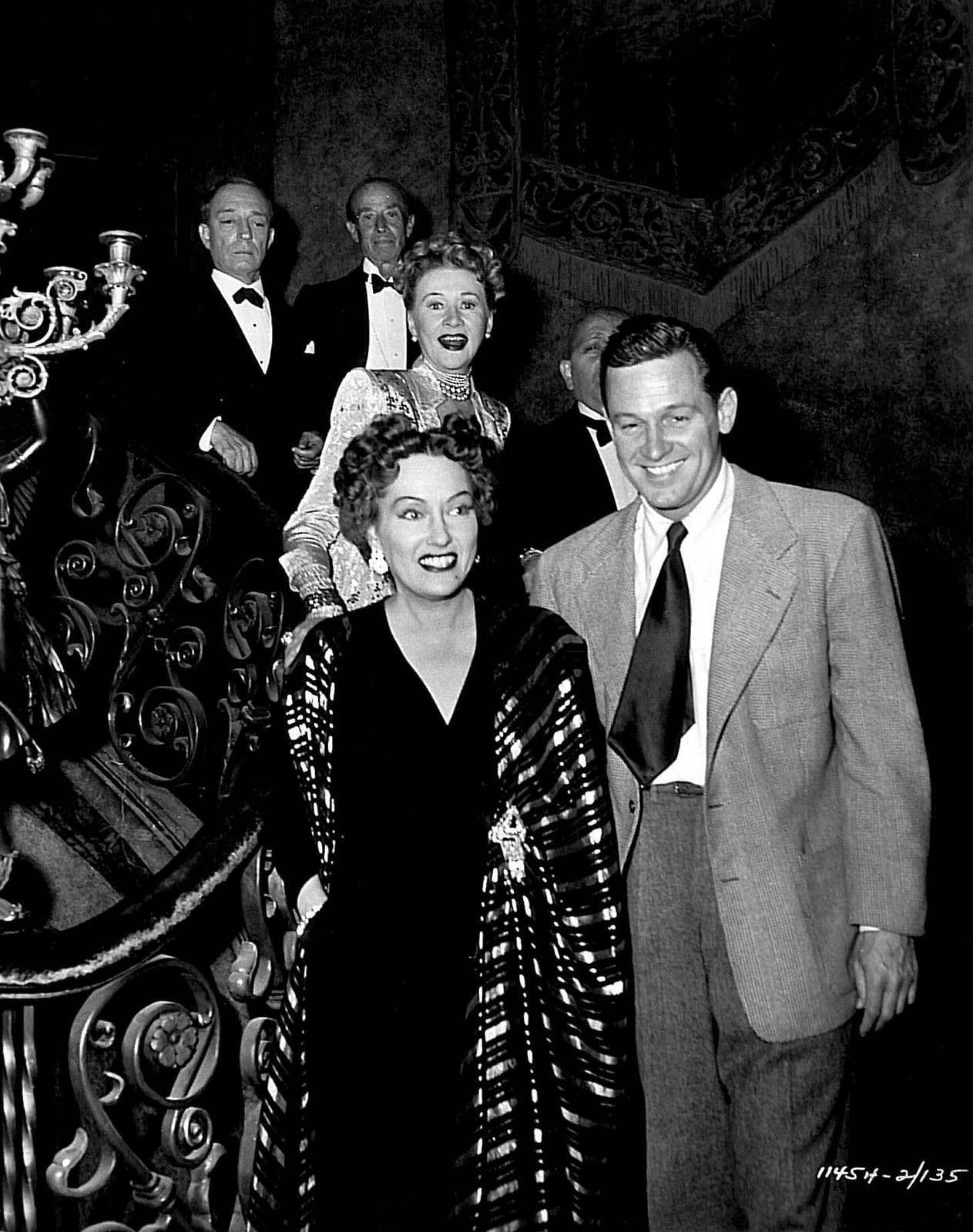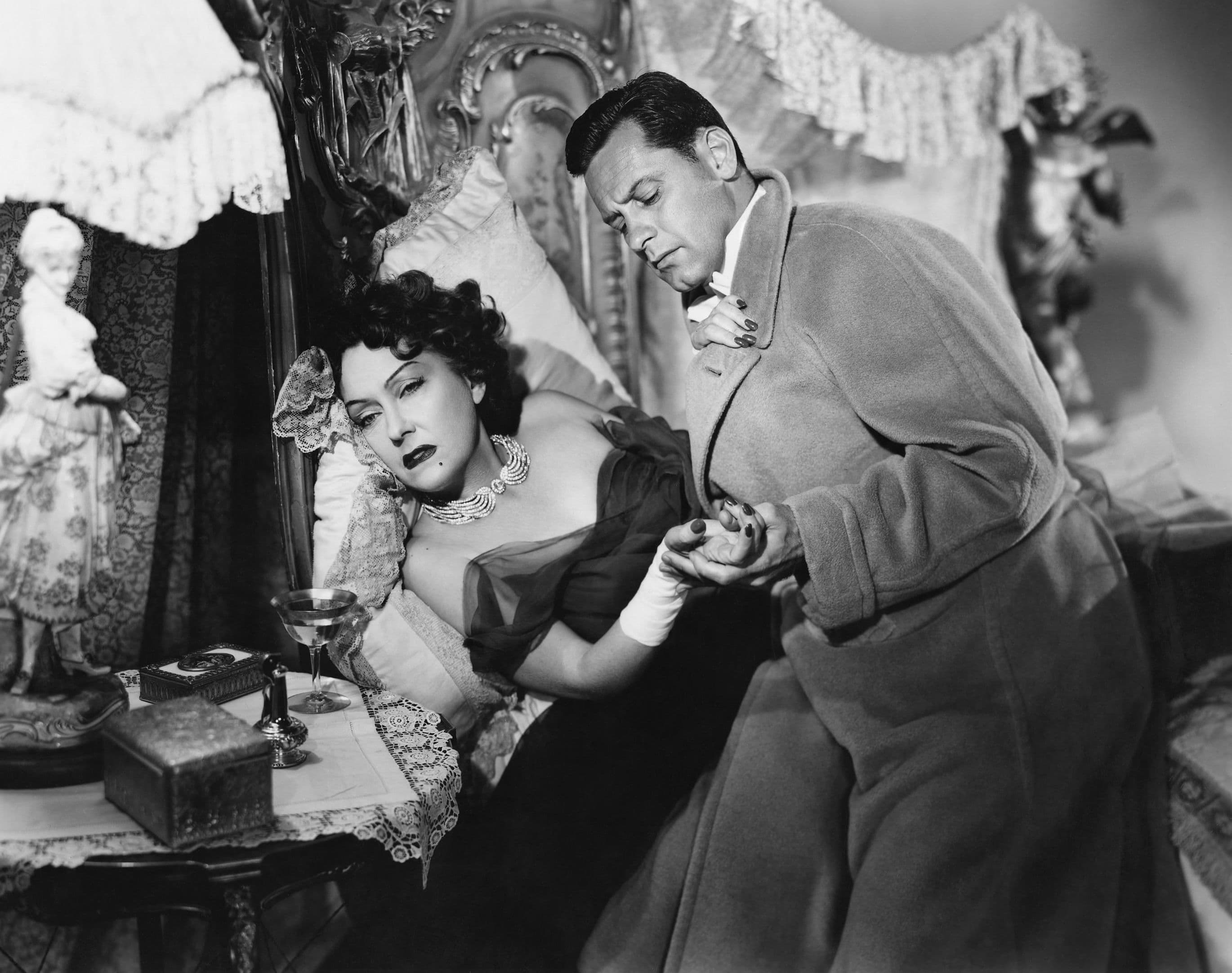
Sunset Boulevard
1950
Rate this movie
Average: 5.00 / 5
(2 votes)
Director
Billy Wilder is one of the American directors who massively contributed to building the Hollywood myth from the post-war period onwards, but perhaps, more incisively, to its corrosion, to its most acute questioning. With a razor-sharp pen and an unsparing gaze, Wilder was the architect of a filmography that, while embracing disparate genres, often returned to investigating the dark recesses of human ambition and the illusions that the "American dream" could generate and, just as easily, destroy. His rare ability to combine the darkest noir with biting social satire finds one of its most sublime peaks in this masterpiece.
In this film, his psychological investigation focuses on the decadence of stars, but it is a decadence that transcends simple physical aging to delve into the heart of existential loneliness, of the madness that can arise from the loss of professional and public identity. It is a merciless autopsy of the celebrity system, a system that elevates individuals to idols only to mercilessly abandon them the moment their star no longer shines according to the ruthless logic of the market and fashion.
The film is indeed centered on the figure of Norma Desmond, a silent film actress fallen into oblivion, whose existence has crystallized into an eternal and tragic denial of the present. Her fate embodies not only the decline of a diva, but the death of an entire cinematic era, that of the silent film, supplanted by the advent of sound with an almost Darwinian brutality. Her story intertwines with that of Joe Gillis, a penniless and cynical young screenwriter, a perfect noir anti-hero, who finds himself trapped in her opulent and ghostly mansion, transformed from an opportunist into a victim of a past grandeur that refuses to die.
The world surrounding Norma becomes a reclusive and claustrophobic microcosm, a veritable gilded tomb. The gigantic Spanish-style villa, once an epicenter of parties and celebrities, has transformed into a dusty mausoleum, a decadent stage where toxic loves, silent betrayals, and stories of men – or rather, of shadows of men – inextricably intertwine. It is a place where time has stopped, where memories are more vivid than the present reality, and where every ray of sun seems to struggle to penetrate the thick velvet curtains, trapping its inhabitants in an endless limbo.
Disillusionment, loneliness, and marginalization are the only sensations that punctuate the days of this fallen myth, sensations sharpened by the chilling awareness of being a living anachronism. Norma is a butterfly in a glass case, still splendid in her fragments of glory, but unable to fly. Her pathetic grandeur, her desperate tenacity in believing in a triumphant return, reveal the intrinsic vulnerability of those who have lived in function of their own reflection on the screens and in the minds of the masses.
A splendid film in its underlying bitter cynicism, it does not merely denounce but invites deep reflection on the ephemeral nature of fame and the inherent cruelty of the entertainment industry. Its modernity is disarming, as the themes of obsolescence and the obsessive search for lost youth resonate strongly even today, in an era dominated by another form of celebrity industry, perhaps even more voracious. Wilder's cynicism is never sterile; it is a cynicism that dissects the myth to reveal its soul, however sick and twisted it may be.
One only needs to look at the appearances of prominent Hollywood figures who populate the film's universe to realize the greatness and audacity of this work. No less than seven past celebrities appear, none of them in an entirely flattering light, as if to underscore the system's complicit self-criticism. It is a metanarrative operation of dizzying depth, a game of mirrors that blurs the boundaries between fiction and historical reality, amplifying the sense of tragedy and mocking irony.
Buster Keaton, for example, once a genius of physical comedy, a giant of silent cinema whose expressiveness was a visual poem, is here reduced to a sort of wax statue, a pathetic figure in whom physical aging coincided with the advent of sound, rendering him, in a sense, silent for a second time. And what about Erich von Stroheim as Max von Mayerling, the faithful butler, Norma's ex-husband, and, most heartbreakingly, her former director? His presence is a living monument to devotion and sacrifice, but also a macabre reminder of an era when directors were imposing figures, almost demiurges, now reduced to silent servants. This chorus of ghosts contributes to transforming the Desmond mansion into a veritable cemetery of illusions, a place where dreams have petrified.
But the pulsating heart of the story is Norma Desmond, former queen of the silent screen, portrayed with hypnotic intensity by Gloria Swanson, herself a former queen of the silent screen. The choice of Swanson was not coincidental, but a stroke of genius by Wilder and his co-screenwriter Charles Brackett. Swanson, who had reached the pinnacle of her fame in the silent era and had experienced the difficult transition to sound and subsequent decline, does not merely play Norma: she embodies her, lends her own biography and her unparalleled theatricality to the role. Every gesture, every expression of her feverish eyes, every roar, is imbued with a painful and audacious truth.
Her performance is delirious, hallucinatory, a dizzying blend of grandeur and fragility. Her fall from the firmament of Hollywood is melodramatic and tragic and, for precisely these reasons, perfect. It is a portrayal that oscillates between the pathetic and the terrifying, between the sublime and the grotesque, in a precarious balance that only an actress of her caliber could have maintained. Her "Alright, Mr. DeMille, I'm ready for my close-up" is not just the final line of a film, but the searing cry of a soul that refuses to be forgotten, an immortal invective against the oblivion that cinema, while creating myths, is just as quick to generate.
Country
Gallery






Featured Videos
Official Trailer
Comments
Loading comments...